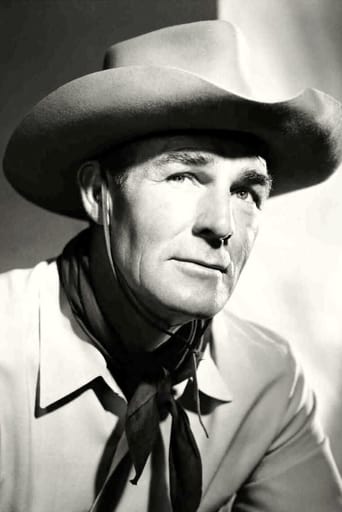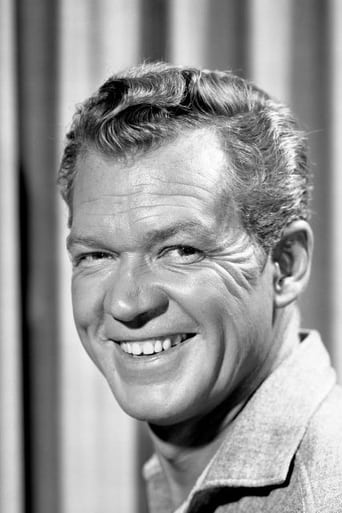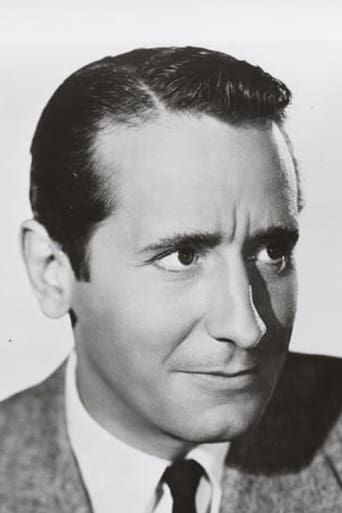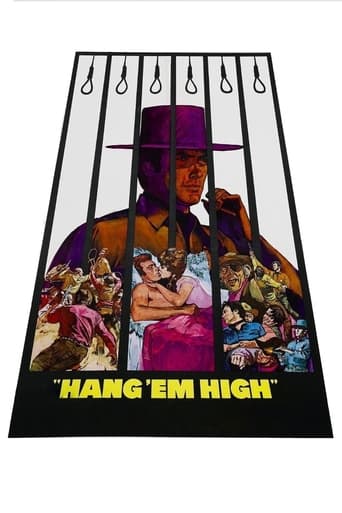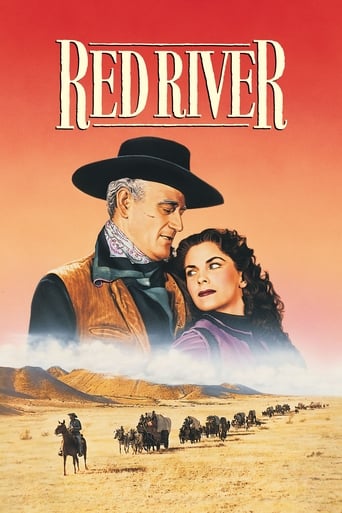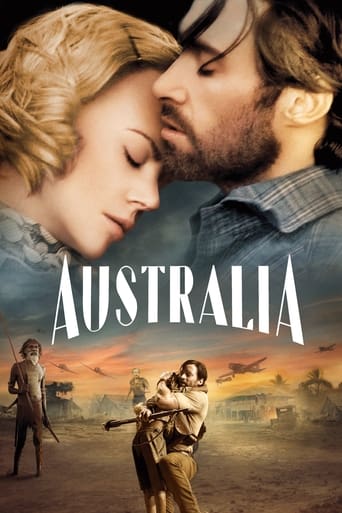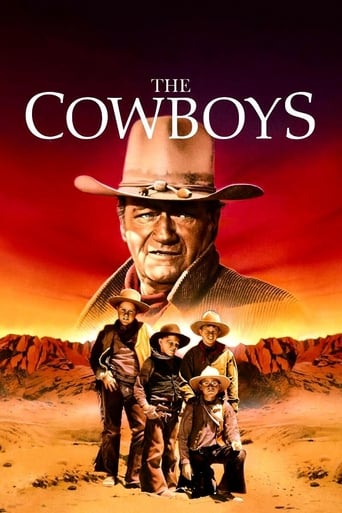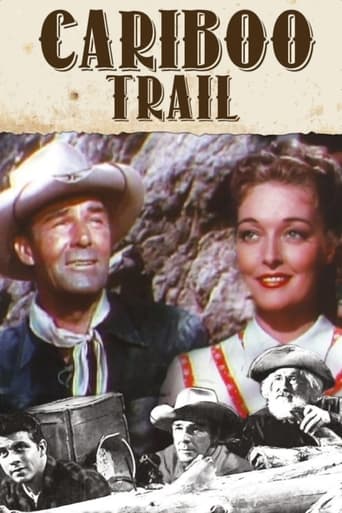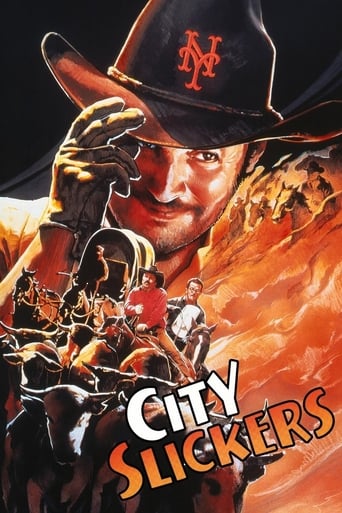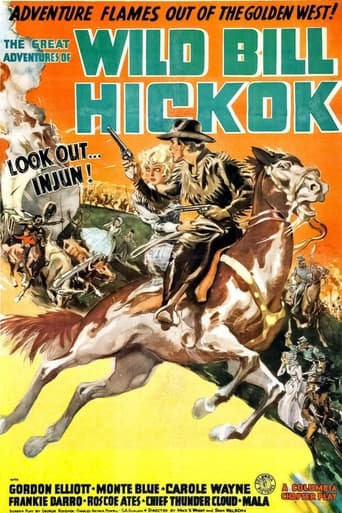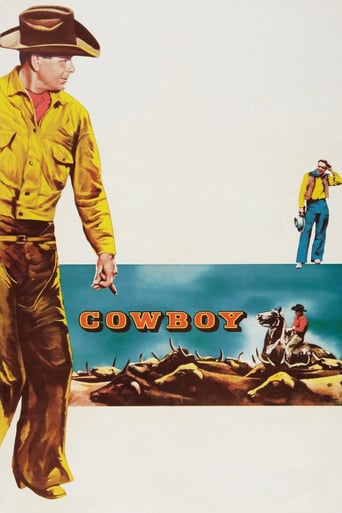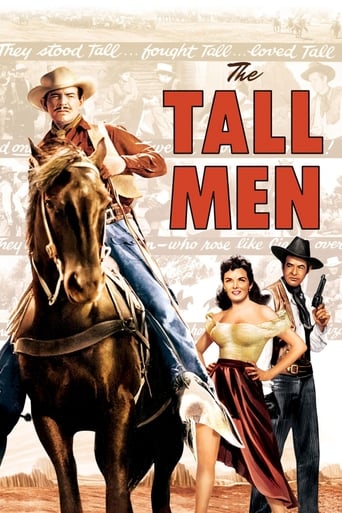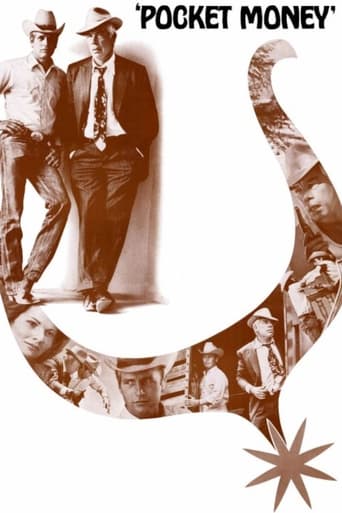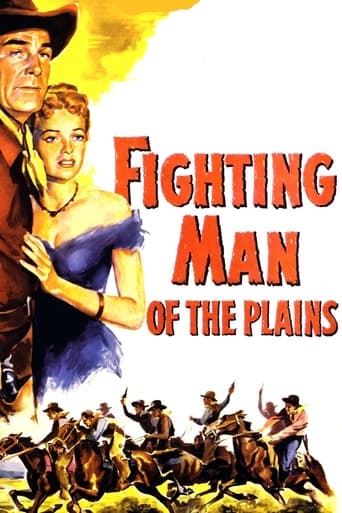
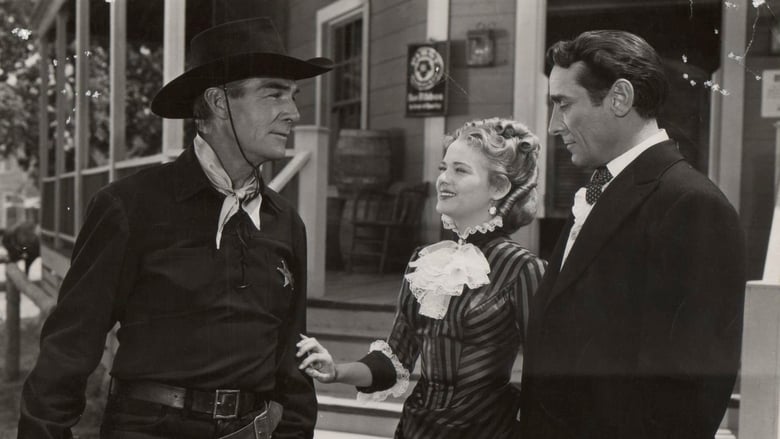
Fighting Man of the Plains (1949)
Former bandit Jim Dancer becomes marshal of a Kansas town and cleans up the criminal element - with the help of his old pal, Jesse James.
Watch Trailer
Cast


Similar titles
Reviews
Randolph Scott plays Jim Dancer, a man in search of revenge for the murder of his brother. He rides with the Quantrell gang and after killing Evelyn Slocom's ( Joan Taylor ) father, believing he was the killer of his brother, Dancer now finds himself a wanted man. Years pass and he is now the Marshall of a Kansas town where he defeats another violent gang with the help of a young Jesse James ( Dale Robertson ). Randolph Scott and director Edwin L. Marin bring about an exceptional gripping atmospheric western. With a balanced amount of storyline complexity, a surprisingly powerful violent opening scene for the time and plenty of excellent elements of surprise, leaving the viewer wondering how it will all come to a climax. Also, the dark cinematography gives towering Randolph Scott an imposing quality, perfect for his character. Fighting Man of the Plains may very well be one of his best westerns to close out the 1940s. With a superb line up of excellent character actors along with the young Dale Robertson, this western hold ups extremely well. A full synopsis would only give away too much watching enjoyment for the reader. If you are a fan of Randolph Scott and western genre, I highly recommend giving " Fighting Man of the Plains " a look.
This is a real humdinger of a western. The plot and dialogue move along quickly, with no time wasted on unlikely romance or saloon song. On the contrary, this tight little gem centers fully and solely on the great Randolph Scott. Here, Scott is at his lean, trim, handsomest best; the director senses this, and the film is noteworthy for featuring a number of lovely, soft, lingering close-ups of Randolph's grim face. To me, this is a wonderful touch and a delightful tribute to one the Westerns' greatest stars.The co-stars are fine as well, but they definitely play second fiddle to Scott. One unexpected twist involves the town's "tinhorn" gambler, played by Victor Jory. Jory is the only member of the town to recognize Scott as a wanted outlaw, and is certainly in a position to blackmail him; however, in a quite unusual development, Jory chooses to befriend Scott, and remains his loyal friend to the end."Fighting Man on the Plains" is the perfect late-40's Western, a fully mature old-fashioned good-guys vs. bad-guys bit of adult theatre, a genre film crafted to its full potential; and it sets the stage nicely for the more psychologically complex Westerns of the 50's.Highly recommended for lovers of Westerns.
Renowned western novelist Frank Gruber wrote the script of FIGHTING MAN OF THE PLAINS (1949) based on his own book. It tells the story of Jim Dancer (Randolph Scott), a fugitive outlaw who'd been part of Captain William Quantrill's infamous raid on Lawrence, Kansas on August 21, 1863. Dancer is apprehended by a "Pleasanton" (read: Pinkerton) detective who is then killed in an accident, allowing Dancer to take his identity and wind up in Lanyard, Kansas, where he's pressured into taking the job of Marshal after fearlessly subduing some rowdy cowboys. It's a fairly corrupt town, but the new Marshal does a good job of keeping the peace and gets aid from some unexpected quarters at the local gambling hall. The script is awash in simmering undercurrents, including the fact that the man who owns the town, Slocum (Barry Kelley), had killed Dancer's brother during the war, and Dancer had killed Slocum's brother in response during the Lawrence raid. Slocum's niece (Joan Taylor), who'd witnessed the killing of her father a decade earlier, lives with her uncle but fails to recognize Dancer as the culprit and begins to fall for him. Meanwhile the gambling saloon owner, Oldham (Victor Jory), finds his voluptuous partner, Florence (Jane Nigh), falling for Dancer as well. Eventually, Slocum alienates both the local cattlemen and the railroad company through his efforts to control all the land around town and a showdown is inevitable. At one point, a detective from Chicago shows up, summoned by the suspicious Slocum, to see if "Marshal Cummings" (Dancer's new identity), is indeed his old detective buddy. To make matters worse, Slocum's got cocky young gunslinger Johnny Tancred (Bill Williams) in his pocket, ready to take over when the tide turns. Dancer has his own ace in the hole, however, thanks to his old wartime associations. The finale offers a clear violation of the Production Code, but I can see where the blurred lines between good and bad, lawman and lawbreaker, "respectable" and disreputable could have easily confused the censors. Lots of stuff happens in the movie and the cast of characters is quite colorful. Things never slow down and surprises come at us pretty quickly. I had a great time watching this. I never felt it getting too far-fetched for me. The cast includes plenty of old hands at this kind of thing (Scott, Jory, Paul Fix, Douglas Kennedy) and a few new hands (Taylor, Nigh, Williams) and they're all good. Jory is particularly awesome. He comes off initially as his patented oily gambler, but he proudly defies our expectations. Future western star Dale Robertson appears as Jesse James in his first credited role. He has only two scenes—one good one and one great one. Film noir regulars Barry Kelley and Berry Kroeger are both on hand, one as a bad guy and one who'll surprise you.I watched this on TCM, which showed a black-and-white print of a Cinecolor film. I hope someone finds a color print and releases it on DVD.
I am a huge fan of Randolph Scott's westerns, so it's sad that I felt so incredibly unimpressed by this film. Most of it is because I had a strong sense of having seen all this before...which I had. If you've seen as many Scott films as I have, you'll notice that this is at least the fourth film in which his character was somehow associated with Quantrill's Raiders--a group of thugs who violated every known rule for how to conduct campaigns during the Civil War. Killing civilians and terrorism were their trademarks and it wasn't surprising that several of this Confederate raiding party went on to careers as famous western criminals. Doing one or two films related to this group is just fine--but come on Randy, enough is enough!! What also felt recycled was his 'bad man turned good' storyline--it's very familiar indeed! The film begins showing the atrocities committed by the Quantrill gang and one of it's 'nicer' members (Scott--as Jim Dancer). Following the war, Dancer was an outlaw and continued to do bad things...though not nearly as bad as the James Brothers and a few of the other Quantrill thugs. He was bad...but only a wee bit bad!! Anyway, he is captured by a private detective and is being brought back to pay for his crimes. However, on the way, the detective drowns--with Scott handcuffed to him. Now here is the dumb part--when a group of settlers pass, they find Scott and the dead guy and automatically believe Scott's story that HE is the detective and that the dead detective is Jim Dancer!! He has no proof and it sure looked suspicious to everyone EXCEPT the folks who rescued him from the handcuffs!!! Later, Scott enters a crappy lawless town and manages to have himself appointed Sheriff! At first, he seems to be only doing it for the money but oddly he later takes the job seriously and conscientiously! Can Dancer turn his life around and live his life for good? Will someone recognize him for the dirty dog that he was? Will anyone remember that he's already made several other films JUST LIKE THIS ONE? Overall, a competent but far from rousing western that is full of silly plot holes and familiar themes. It's easy to skip this one unless you are a die-hard 'Scottophile'!


